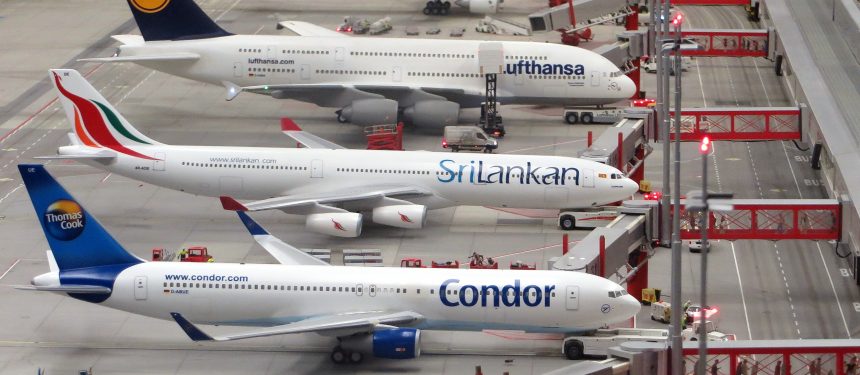The phased reopening of borders in Europe is causing difficulties for both international students and education companies, according to stakeholders, while the practical implementation of delivering socially distant education once students arrive on campus is also raising questions.
News and business analysis for Professionals in International Education
Have some pie!
Europe: stakeholders criticise phased reopening of borders
 Restrictions around travel and quarantine measures could cause problems for students. Photo: Pexels
Restrictions around travel and quarantine measures could cause problems for students. Photo: Pexels Governments across the region are allowing entry to the citizens of some countries, but not others- based on how many cases of Covid-19 their countries have.
“Many agencies feel that there is demand there despite everything we have been through”
Many of the countries that are still subject to travel restrictions have large numbers of prospective international students who want to study abroad in a specific country but are unable to do so.
For example in Turkey, agents have seen demand from language students who want to travel and study in Malta.
However, Malta’s government has not included Turkey on a list of countries that will be able to travel to the island.
“Normally this is the time of year when many Turkish students would want to go to Malta for the summer,” said Izzet Aslantatar, director of Alternatif agency.
“Many agencies feel that there is demand there despite everything we have been through over the last couple of months.
“Interestingly we have students making requests to go to Malta, maybe the same amount or even more than usual.
“When Malta opened up, it was quite surprising for Turkish agents to find that Turkey wasn’t on the list,” Aslantatar added.
The EU has released a list of 15 non-EU countries that are deemed “safe travel” destinations, meaning people from these countries are able to visit the EU for non-essential travel.
The countries include Algeria, Australia, Canada, Georgia, Japan, Montenegro, Morocco, New Zealand, Rwanda, Serbia, South Korea, Thailand, Tunisia and Uruguay and China (subject to a reciprocal agreement).
But countries that have strong international student markets are not included on the list, meaning that for the time being, travel will not be possible.
“It is not easy to change your clientele database and what you have been doing for a long time”
According to Aslantatar, education agencies who specialise in sending students to a specific country will suffer as a consequence of the restrictions.
“Some of them will be hit harder than others because some agencies specialise in Malta. That is a really big concern.
“It is not easy to change your clientele database and what you have been doing for a long time. So if the agency depends on a Maltese market then it will be hit hard.”
Rules and restrictions on specific countries are not just being proposed around travel.
In the UK, rules around quarantine will vary depending on where a passenger has come from.
As part of the UK government’s proposed “air bridges” scheme, countries will be risk assessed based on their number of Covid-19 cases.
If a country is deemed less of a risk, passengers will not have to quarantine on arrival.
However, this approach could send the wrong message to international students according to Julie Allen, director of policy and services at UKCISA.
“One of the main issues for UK education institutions is that we welcome students from all over the world.
“It’s an important message. It’s difficult to get this across if some students are allowed in through these routes,” she said.
“Most I think would prefer for there to be no requirement for any students to self-isolate”
“Institutions are working hard to create a positive welcome for students when they arrive and they are planning how to deliver education during social distancing. Most I think would prefer for there to be no requirement for any students to self-isolate,” Allen added.
She explained that the practical implementation of these measures would also be difficult, given that many educational companies cater for students from all over the world.
“The practicalities are challenging – how do institutions identify and accommodate students arriving in from different locations?
“It’s potentially very confusing for everyone,” added Allen.
Still looking? Find by category:



Everyone is acting out there like the pandemic is on break. I understand that finances are dwindling and it’s affecting businesses as well. But, we have to put our health first.